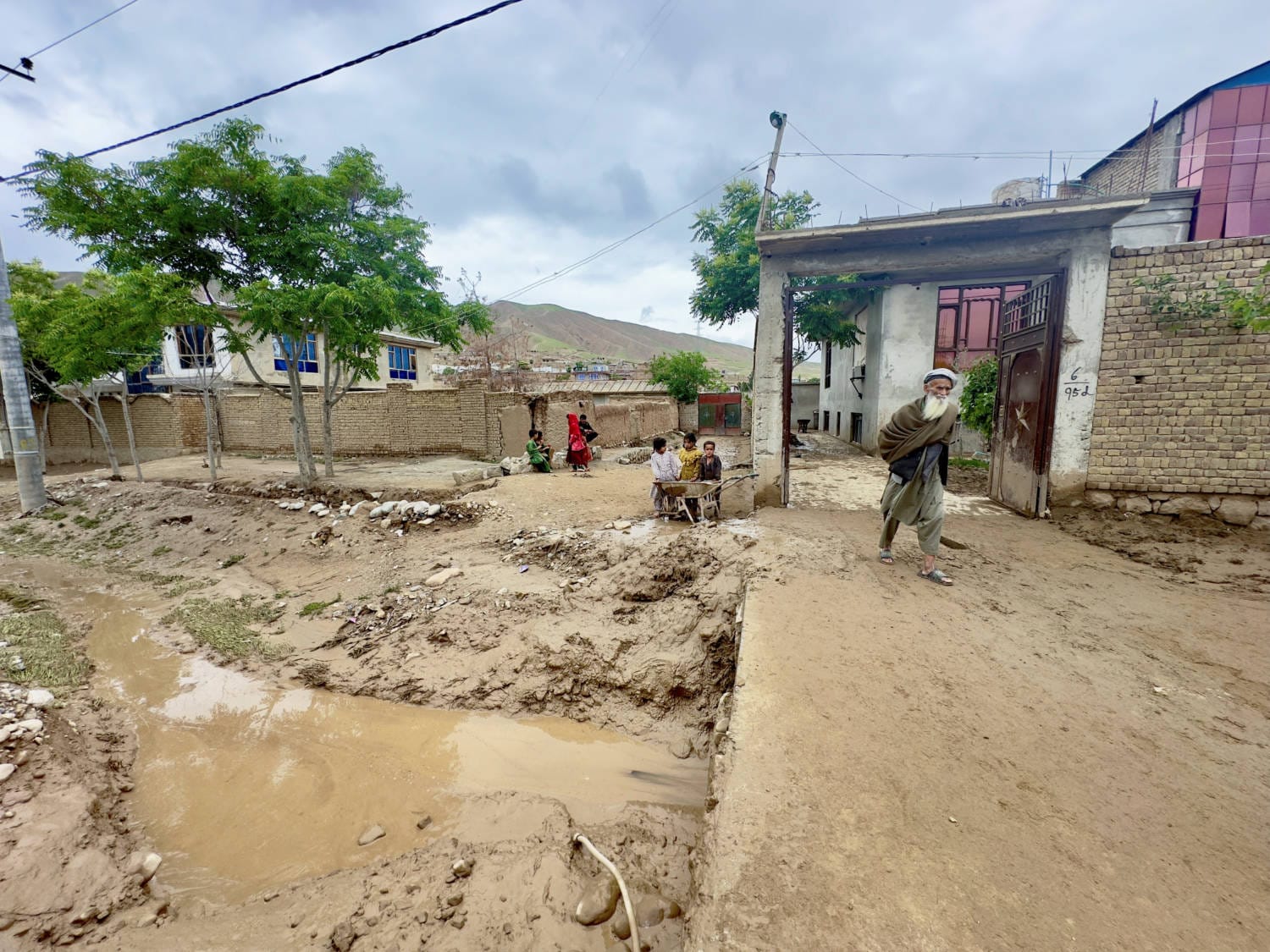Flash Floods Claim Lives in Northern Afghanistan
In the wake of recent severe weather, northern Afghanistan has been struck by catastrophic flash floods, leading to significant loss of life and injuries. The Taliban’s interior ministry has officially reported the death toll at 153 people across the provinces of Baghlan, Takhar, and Badakhshan. This tragic figure was released on Saturday, highlighting the human cost of the natural disaster.
Contrasting with the ministry’s count, The World Food Programme reported a higher death toll of over 300, but the ministry maintains their figure of 153. The discrepancy has not been clarified, as the WFP did not provide a source for its estimate. Despite this, the ministry acknowledges that the number of fatalities may continue to rise as the situation develops.
The flooding, which occurred after heavy rains on Friday, has also resulted in at least 138 injuries. In the village of Karkar in Baghlan province, residents are mourning the loss of family and friends. One resident, Gulbudeen, recounted the harrowing experience of losing five family members to the raging waters.
In response to the disaster, Taliban authorities have deployed helicopters to assist civilians, including over 100 individuals who were reportedly stranded due to the floods. The aftermath has left many without homes and has severely disrupted essential services such as transportation, water supply, and waste management systems.
The World Health Organisation has expressed concern over the profound impact of the floods. Not only have lives been lost and people injured, but many are still missing. The WHO’s Afghanistan office released a statement late on Friday detailing the damage to healthcare facilities in the region. Four health centers have been damaged, and one completely destroyed. In light of these events, health teams are being dispatched to provide necessary treatment to those affected by the floods.
As recovery efforts continue, the full scale of the devastation is still unfolding. The international community and local authorities are working together to address the immediate needs and long-term recovery of those impacted by the flash floods in Afghanistan.






